The growing popularity of the Cloud has made its security a matter of concern. The Cloud Security Practitioner Training course from InfosecTrain is tailored to cloud security experts’ real-world employment duties and functions, making it excellent for beginners and experts. This course will assist you in getting started with cloud computing and making decisions on which CSP (Cloud Service Provider) is best for you in terms of GRC (Governance, Risk and Compliance). It will also help you understand what cloud security services and solutions should be available and how to apply them. This course will cover the fundamentals of cloud computing and governance, risk, compliance, business continuity planning, and disaster recovery.
We have equipped this course with practical hands-on lab sessions to understand the cloud better. This course helps security professionals gain deep insights into cloud security, the challenges faced and how to address various cloud security concerns. It is an all-embracing training covering core essentials of cloud computing architectural framework, governance, and operations in the cloud, such as legal issues, information and data security management, and data center operations.
 Read Reviews
Read Reviews





 5th Sep: Weekend
5th Sep: Weekend 



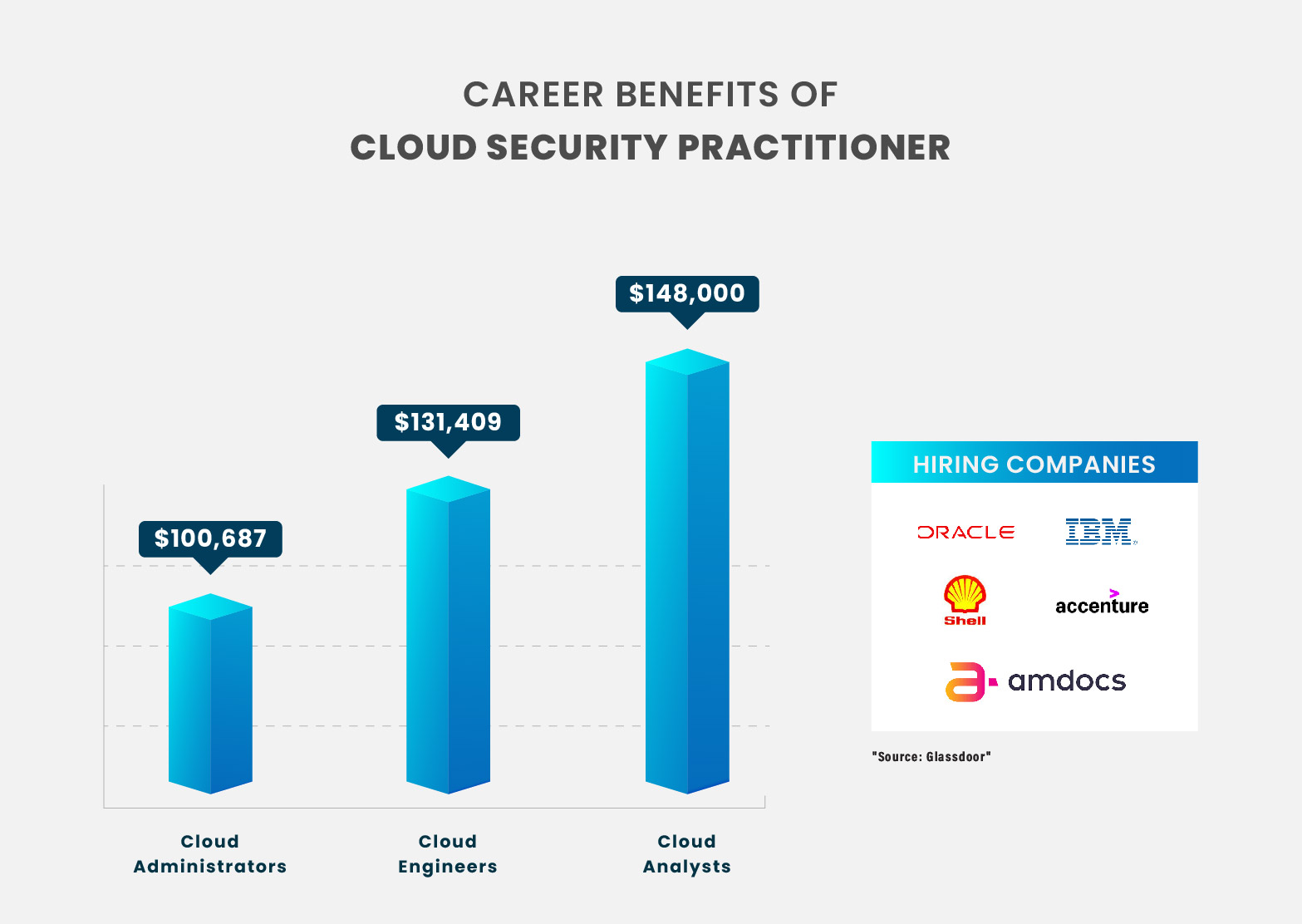


 The training was awesome. Helped me clear my concepts and also reduced my preparation time to 1/3rd. Thank you, trainer, for all your dedication to bring your gladiators to pace.
The training was awesome. Helped me clear my concepts and also reduced my preparation time to 1/3rd. Thank you, trainer, for all your dedication to bring your gladiators to pace.






 Certified & Experienced Instructors
Certified & Experienced Instructors Post Training Support
Post Training Support Customized Training
Customized Training Flexible Schedule
Flexible Schedule Access to Recorded Sessions
Access to Recorded Sessions 
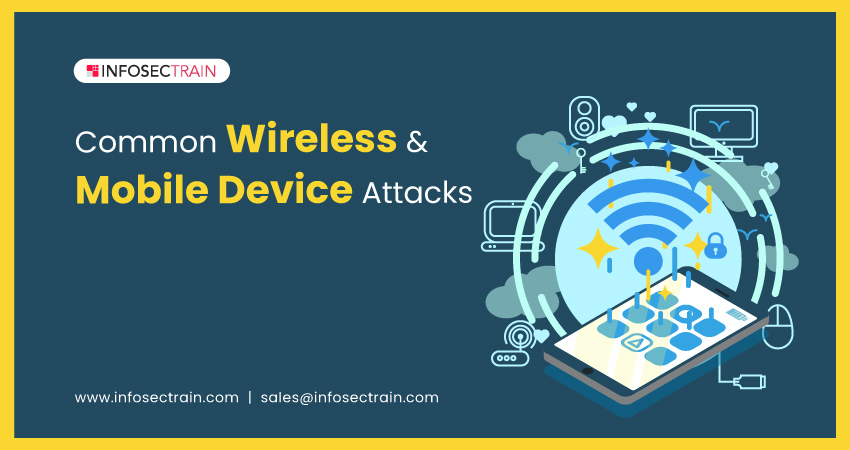
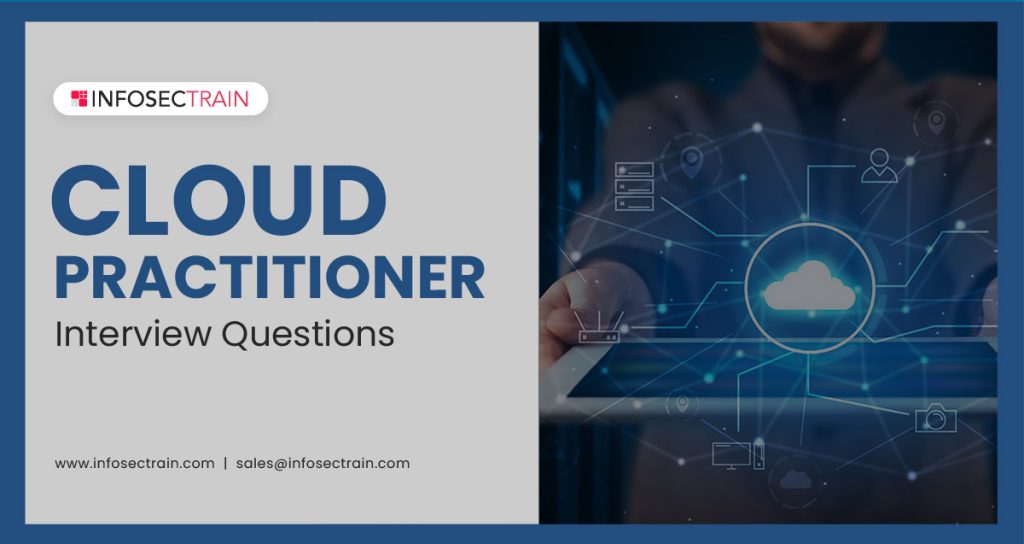
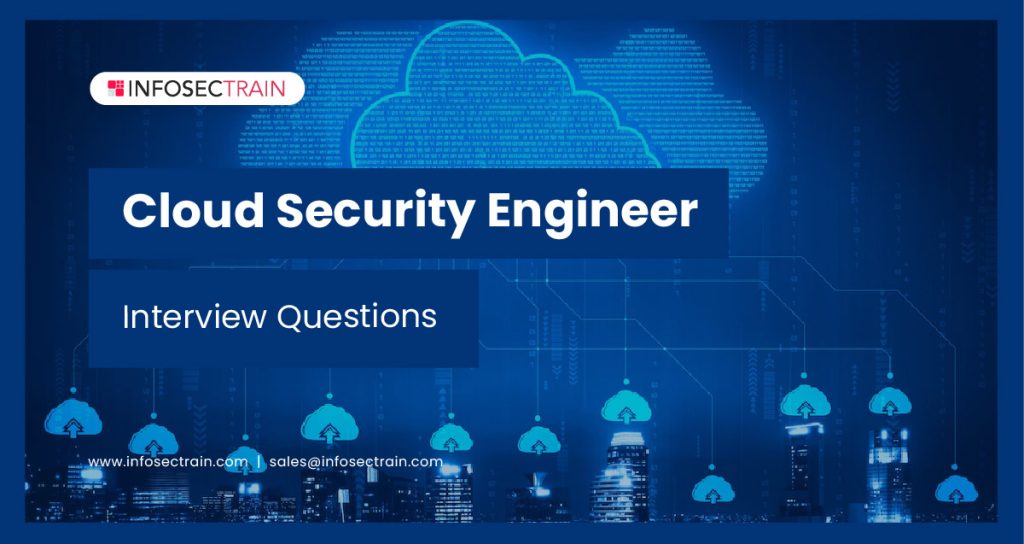
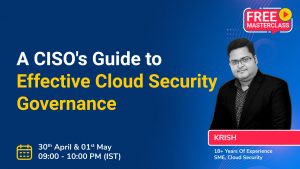
 1800-843-7890 (India)
1800-843-7890 (India) 
